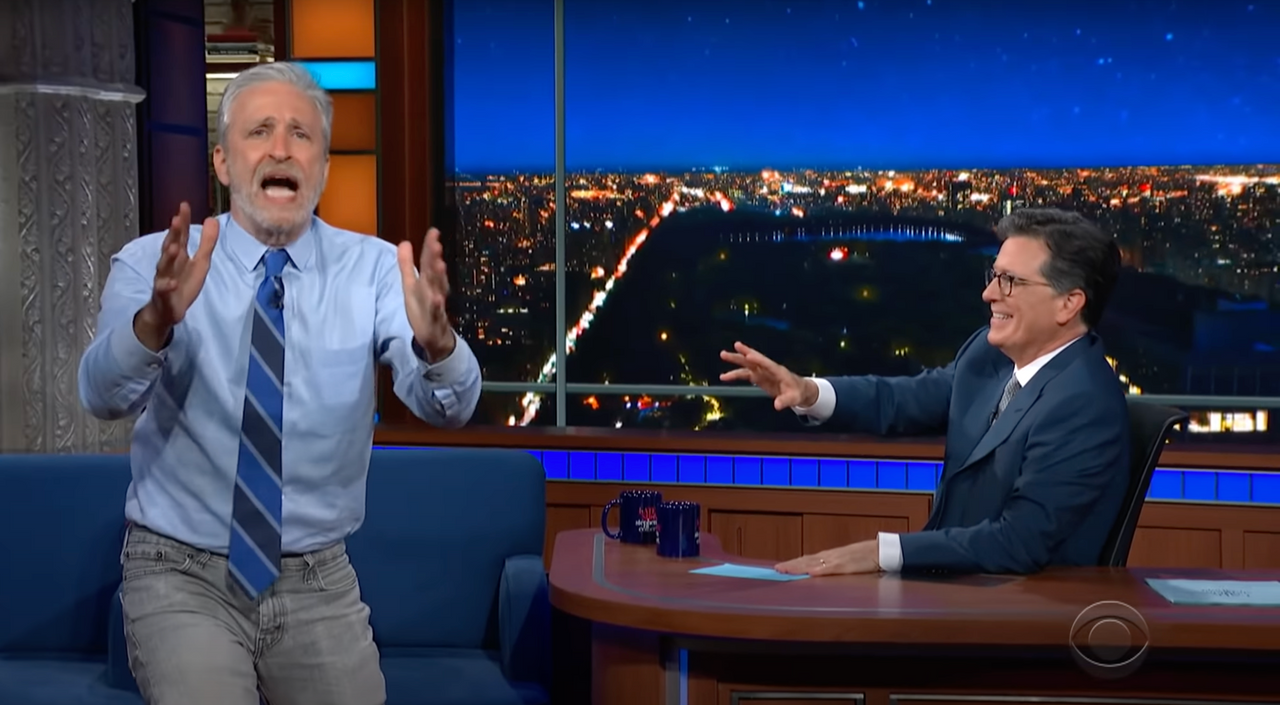What events, and which people, influence public opinion regarding COVID?
This is a question being widely research by various university labs.
In a recent discussion with a graduate student, I suggested that Jon Stewart's rant on The Late Show in mid-June will likely be the single most significant event to shift public opinion regarding the COVID-19 lab leak theory.
I needed to explain why I see Jon Stewart as so influential and why Stewart's comments gave many social license to discuss the lab leak theory.
The terrorist attacks of September 11, 2001 are now 20 years ago, for the vast majority of university students the attacks are something they learned or came to understand from history books. [As a child of the 1980s, I watched the fall of the Berlin Wall on television but only came to appreciate its significance later]
The shock of that time used to be hard to convey, but the world has been turned upside down by COVID, providing a comparison.
Jon Stewart came to prominence following the 2001 attacks. His monologue on September 20 captured the emotion of a nation, a society, reeling from the pain of the attack and wondering if we could ever smile again.
"Are you okay?", Stewart asked the audience and viewers at home.
If you haven't watched the monologue before, or it has been a while, you can view it on DailyMotion here. Transcription here.
The monologue was sober, with comedic interludes.
"I'm sorry to do this to you. It's another entertainment show beginning with an overwrought speech of a shaken host--and television is nothing if not redundant ... Everyone has checked in already. I know we are late. I'm sure we are getting in just under the wire before the cast of Survivor offers their insight into what to do in these situations."
Stewart, his voice wavering with emotion, conveyed the great anxiety and uncertainty we were experiencing. He told the story of how he experienced those emotions during the attack and the days which followed. He choked back tears. The rest of us were crying.
His monologue went viral, with unauthorized copies appearing on early file-sharing sites and bulletin boards. I watched it on Newgrounds, a site that primarily hosted flash games at the time.
It introduced Stewart to a broader audience, and the Daily Show became interwoven with online culture.
Stewart's honesty and emotion earned a collective trust.
In the months and years that followed, as traditional media became entangled in the patriotic fervour that led America into the disastrous Iraq War, Stewart's news commentary stood out for its blunt honesty and criticism of those in power.
By the end of the decade that was the 2000s, Stewart was often described as the most trusted news anchor in America. Stewart cut through the bullshit.
This is why Stewart's lab leak rant is a watershed moment. He is trusted, especially on the left. [The right-wing media ecosystem has tried to discredit him over the past two decades]
His arguing for the lab-leak theory is a watershed moment. For many, this is the first time someone they trust is loudly expressing firm support of the leak theory, and coming from the "Left," it breaks through the wall of the American culture war.
I took notice. I do not express a view on the theory because it is not my area of knowledge. I am more comfortable engaging in conversations about it following Stewart's remarks.
Did Stewart shift the Overton window regarding the lab leak theory? Judging from the sheer number of news articles in mainstream sites that followed his remarks, yes, he did.
